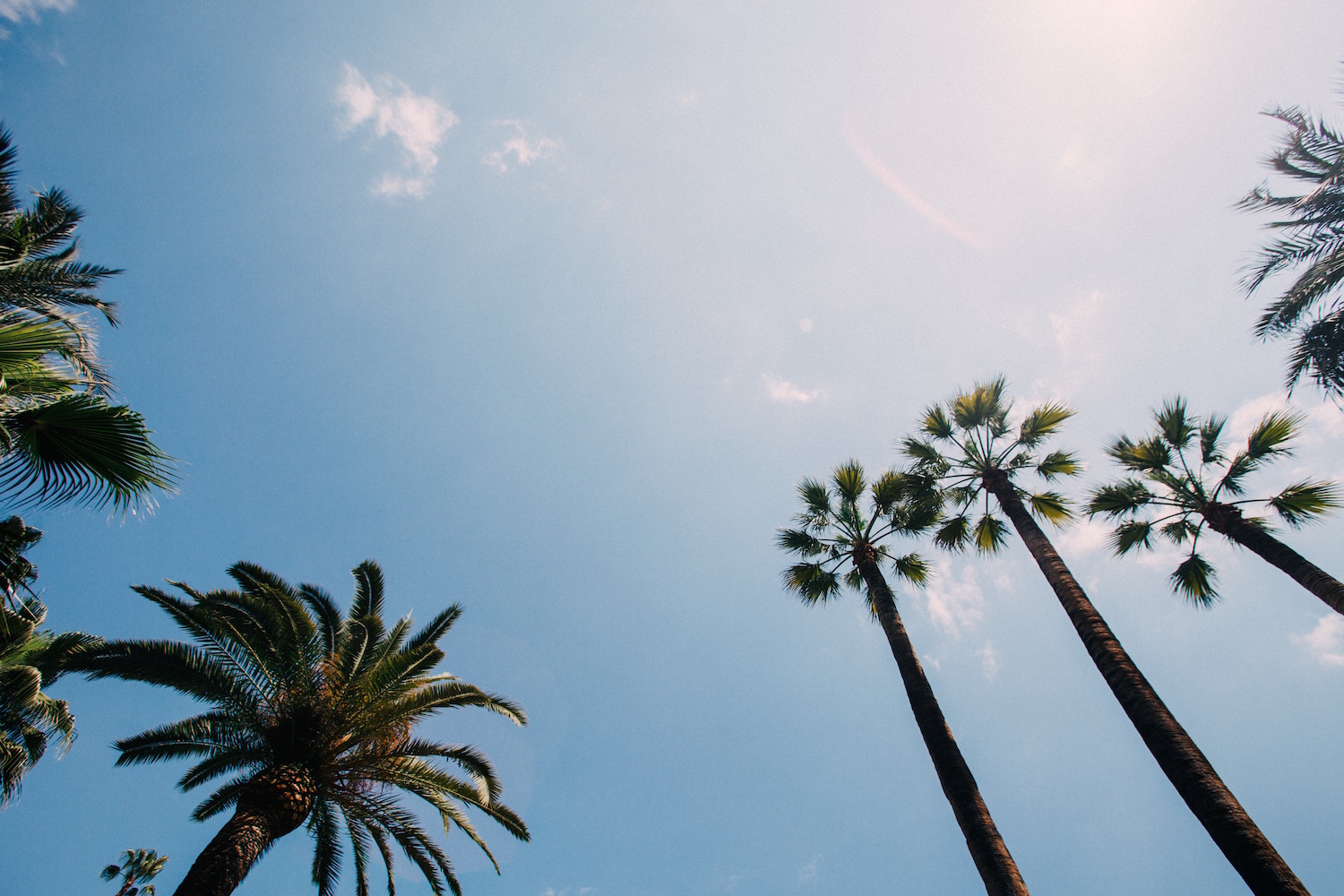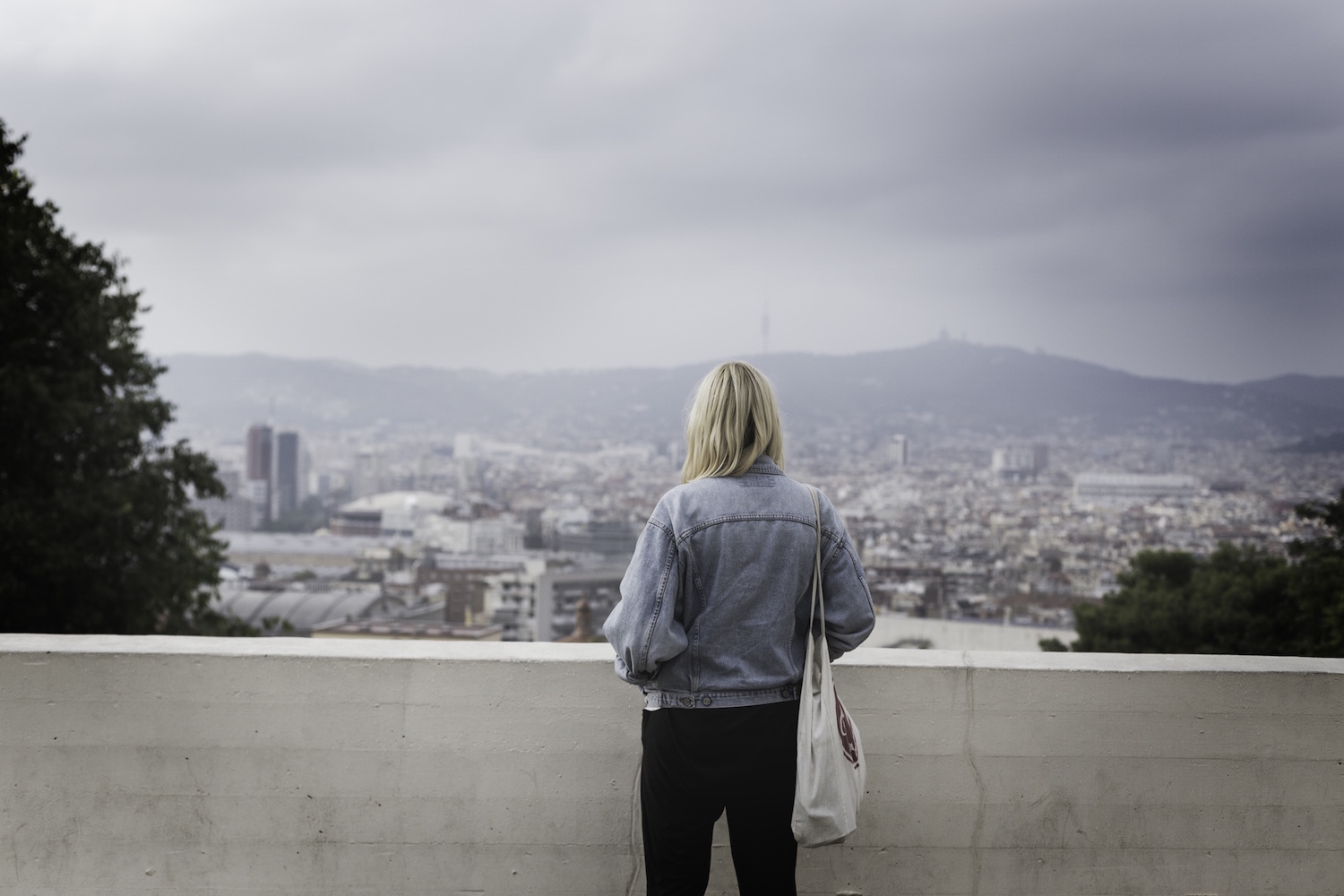“My boss’s friend was just here and told me about this restaurant that he said we have to try,” my friend Kate said on our first night in Barcelona.
“Great!” I replied.
After popping online and securing a reservation at Llamber, we set off on foot, passing sidewalk cafes, tapas bars, paella shops, and upscale establishments. But countless TripAdvisor reviewers had described this particular restaurant as “superb,” “fantastic,” and “beyond amazing” and, of course, we were excited.
Finally, we arrived at a dimly-lit, trendy place filled with well-dressed couples and families. We selected a bottle of rioja from the extensive wine list and scanned the menu, ordering ahi tuna, fried asparagus, and delicately sliced ham.
When the food arrived, I was ready to savor it. This prospect wasn’t difficult, as each plate was beautifully presented, and most definitely delicious. It may have even been one of the best meals I’d ever eaten.
But I couldn’t squelch a nagging uncertainty: Was this really the best I could have done? Might one of those other places we’d passed on the way have been better?
As a psychology professor and happiness researcher who studies what makes life pleasurable and meaningful, I knew that what I was experiencing was the well-documented process of maximizing, which is a mindset of needing to have the best. (Want to see how you fare? A brief version of the scale used to measure this can be found here.)

Even in daily life, maximizers will do extensive research on decisions, both big and small. We’ll read tons of reviews of products before selecting one. We’ll channel surf, convinced that some better program is on elsewhere. We’ll agonize over buying a gift for a friend. We’ll wonder if we could have selected a better car, career, house, or spouse.
Given all of this effort and uncertainty, we often do objectively better — whether it’s in making more money or ending up purchasing top-rated products — but also feel so much worse. Making decisions can paralyze us because the FOMO (fear of missing out) is psychologically crippling.
If this is how we navigate daily life, just imagine the extra pressure we feel when making travel decisions.
For us maximizers, the stakes are enormous when the calendar dictates that we have only so many meals to enjoy, so many hikes to take, or so many cathedrals or museums to visit. We want to experience the best, we don’t have a lot of time in which to do it, and mistakes are costly and can be the source of much regret.
[Tweet “”Making decisions can paralyze us because the FOMO is psychologically crippling.””]
It’s not just about food, too. Every hour spent doing something means an hour we’re not doing something else. And that something else might just be better.
Just how bad is it? In his TED talk and book, The Paradox of Choice, researcher Barry Schwartz describes how fully maximizing creates anxiety, bad moods, distraction, and a sense of missed opportunity. That’s a far cry from the joy, awe, gratitude, and other good feelings we hope to experience while traveling. All of the happiness research out there tells us that seeking the best flies in the face of our real travel goals.

This maximizing tendency can put a real damper on travel.
Of course, when there are only a few options, maximizing isn’t a bad strategy. In fact, just the day before this story began, Kate and I stood in a Madrid train station contemplating lunch. We could choose between a café with a case full of tantalizing Iberian ham sandwiches, a questionable fast food place, or a sad row of vending machines. That choice was straightforward: we each got a sandwich and, absolved of any pressure to compare this meal to the other options available, thoroughly enjoyed them.
But when there are a lot of options (say, the 7,000+ restaurants in Barcelona), maximizing is a terrible strategy.
Even if you decide to move to Barcelona and make eating out your full-time job, it would take ages to sample all of these offerings. Seeking the best is both an utter impossibility and a recipe for discontent and regret. The bizarre result? Our inexpensive train station sandwiches (eaten on a crowded bench and selected from a small array of subpar options) were easier to savor than our fancy, pricey, critically-acclaimed restaurant meal.
Not everyone feels the pressure of FOMO. But if any of this strikes a chord with you, you’re like me: you need a strategy to deal with it so that it doesn’t derail your travel fun.
Fight your FOMO.
One thing I’ve found that helps me is to travel with others.

While my maximizing tendencies run rampant when I’m alone, other people naturally limit my options (usually in a good way). If my Barcelona travel partner is vegetarian or gluten-sensitive, or if she’s dying to try a certain fish stew or tapas joint, the options are quickly whittled down from 7,000+ to something more manageable. My goals shift from finding the best to finding the best that my partner can also enjoy.
And even if I am traveling alone, I still try to outsource some of the decision-making to others. I’ll ask the hotel staff or my Airbnb host for recommendations and trust their relative expertise over my own, or open up TripAdvisor or Yelp and seek out one of the top recommendations there. Sure, this all but eliminates a sense of adventure and discovery, but sometimes it’s worth it to not have to constantly second-guess myself.
[Tweet “”Even if I am traveling alone, I still try to outsource some of the decision-making to others.””]
Most radically, over the years I’ve found that I prefer to travel to places that simply have fewer options, particularly if those options are top notch (I learned this lesson largely by accident).
After Barcelona, with a few days to kill and at a friend’s urging, I flew to the tiny and utterly enchanting town of Fornalutx, in the mountains of Majorca. In Fornalutx, TripAdvisor lists 11 eateries altogether: a few sit-down restaurants, a couple of casual cafes, and a bakery. As a result, when I was there, I wasn’t inadvertently comparing my meal to anything else. There really wasn’t anything else.
In Fornalutx, I can clearly recall one fantastic meal of fresh vegetables, seafood from the Balearic Sea, and local wine, followed by a homemade pie with lemons picked from the nearby groves. I sat on the hillside terrace, taking in the awe-inspiring views of the countryside. The place seemed to be filled with locals bantering casually with the staff, and there wasn’t a word of English to be heard.

I sat back, taking it in. It was magical. But I can’t deny that part of the magic lay in the fact that the burden of choice was completely removed. This was, by all accounts, the best.
Travel is undoubtedly one of the great joys of life. It inspires our fantasies, creates our most treasured memories, and fosters joy, awe, gratitude, personal growth, and connection. But something that is seldom discussed is the tremendous pressure we can feel to make our travels flawless, to create something that matches our Pinterest-fueled fantasies.
Sometimes, just putting ourselves in the presence of beauty, history, and wonder isn’t enough. I’ve learned that it won’t bring me the good feelings I seek unless I harness the proper mindset. And sometimes, that means learning to relax and enjoy what is all around me, even if the absolute best — by whatever metric — may lie elsewhere.
How do you cope with your own travel FOMO? Share in the comments!














































